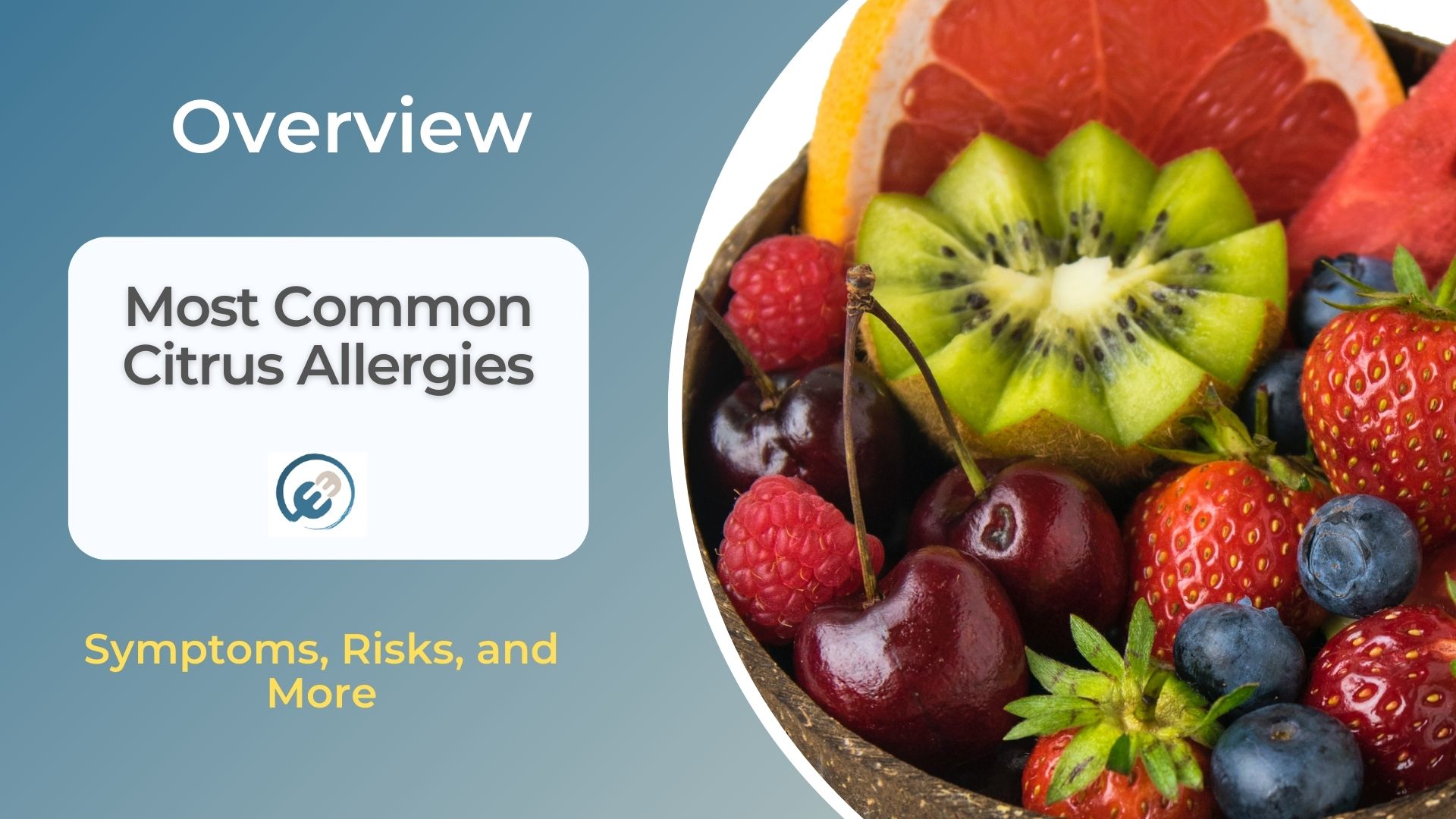If you’re one of the many people who suffer from citrus allergies, you’re not alone. In fact, citrus allergies are some of the most common food allergies around.
Citrus fruits like lemons, oranges, and grapefruits can cause a range of symptoms in those who are allergic to them, including itchiness, swelling, hives, and difficulty breathing. In severe cases, a citrus allergy can even lead to anaphylaxis, a potentially life-threatening condition.
If you think you might be allergic to citrus fruits, it’s important to see a citrus fruit allergy test. Once you know for sure that you have a citrus allergy, you can take steps to avoid foods that contain these fruits and their juices. You may also need to carry an epinephrine injection with you in case of a severe allergic reaction. With careful management, you can safely enjoy life despite your citrus allergy.
What are the symptoms?
Citrus allergies can cause a range of symptoms, from mild to severe. Allergic reactions can occur when you eat a citrus fruit or drink its juice or even when you breathe in the fumes. Symptoms usually develop within minutes to hours after eating or exposure and can include:
- Itchy mouth or throat
- Swelling of the lips, tongue, or throat
- Hives
- Difficulty breathing
- Anaphylaxis (in severe cases)
If you have a citrus allergy, it’s important to be aware trace amounts of the fruit can cause a reaction. For example, if you eat food that was prepared with citrus-flavored utensils, you may have a reaction.
What causes a citrus allergy?
A citrus allergy is caused by an immune system reaction to proteins in the fruit. When you eat or drink something containing these proteins, your body recognizes them as foreign invaders and produces antibodies to fight them off. The next time you’re exposed to the allergen, these antibodies trigger an allergic reaction.
Who is at risk?
Anyone can develop a citrus allergy at any age, but it’s more common in children than adults. If you have other allergies, such as hay fever or a food allergy, you’re more likely to develop a citrus allergy as well.
How is a citrus allergy diagnosed?
If you think you might have a citrus allergy, it’s important to see an allergist for testing. A skin prick test or blood test can confirm whether you’re allergic to citrus fruits.
Learn about the best online food tests here.
Once your allergy has been diagnosed, your allergist will work with you to create a treatment plan. This may involve avoidance of citrus fruits and their juices, as well as carrying an epinephrine injection in case of a severe reaction. With careful management, you can safely enjoy life despite your allergy.
What is the treatment for a citrus allergy?
The best way to treat a citrus allergy is to avoid exposure to the allergen. This means not eating citrus fruits or drinking their juices. You should also avoid using utensils, plates, or cooking surfaces that have been in contact with citrus fruits.
If you’re exposed to a small amount of the allergen, you may only experience mild symptoms, such as itchiness or swelling. In this case, over-the-counter antihistamines can help relieve your symptoms.
However, if you’re exposed to a larger amount of the allergen or you have a severe reaction (such as anaphylaxis), you’ll need immediate medical attention. Epinephrine is the first-line treatment for anaphylaxis, and it should be injected into the muscle of the outer thigh as soon as possible. Once you’ve received epinephrine, you’ll need to go to the hospital for further treatment.
If you have a severe allergy, your allergist may also recommend carrying an EpiPen, which is a device that contains a single dose of epinephrine. This can be used in case of an emergency.
You may scan Amazon for a variety of top rated EpiPen’s here.



